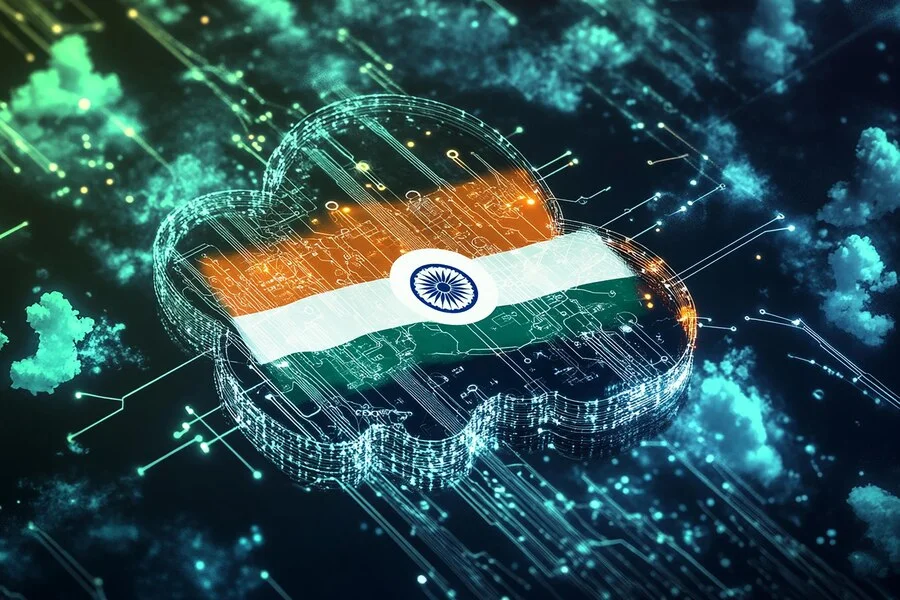Introduction:
In recent years, India’s startup ecosystem has undergone a significant metamorphosis, driven largely by the government’s “Startup India” initiative. This transformative program has become a cornerstone of the nation’s push towards fostering entrepreneurship and technological innovation. This article examines the development of India’s startup landscape, the core elements of the Startup India initiative, prominent success stories, and the overall impact on the country’s tech and economic domains.
Evolution of the Indian Startup Ecosystem:
Early Challenges and Growth:
The early 2000s marked the initial phases of India’s startup scene, characterized by a modest number of ventures facing substantial challenges. Key obstacles included limited access to capital, intricate regulatory environments, and a conservative risk appetite among investors.
Policy Shifts and Growth Dynamics:
Recognizing startups as vital engines for economic expansion and job creation, the Indian government initiated a series of policy reforms. These changes aimed to simplify regulations and introduce incentives, setting the stage for a more dynamic startup environment. The reformative steps included streamlined processes and supportive measures that have significantly bolstered the ecosystem.
Key Components of the Startup India Initiative:
Streamlined Business Processes:
The Startup India initiative has been instrumental in simplifying the process of launching and managing a business. It introduced a single-window clearance system, eased compliance through self-certification, and established a dedicated online portal to facilitate smoother business operations. These measures are designed to reduce bureaucratic red tape and foster a more entrepreneur-friendly environment.
Enhanced Funding Access:
Access to capital is crucial for startup success. The initiative has introduced several measures to improve funding opportunities, including the creation of a INR 10,000 crore Fund of Funds for Startups (FFS) and offering tax benefits to eligible startups. These actions are aimed at attracting investment and supporting the growth of innovative ventures.
Incubation and Innovation Hubs:
Fostering Incubation and Acceleration:
Incubators and accelerators are vital in nurturing emerging startups. The Startup India initiative encourages the development of these centers nationwide, providing mentorship, resources, and networking opportunities. These hubs play a pivotal role in advancing innovation and collaboration among early-stage ventures.
Innovation Competitions and Challenges:
To drive innovation, the government has launched several challenges and competitions. These initiatives invite startups to address specific issues, stimulating creativity and problem-solving. The Atal Innovation Mission, a key component of Startup India, is dedicated to promoting entrepreneurship and innovation among students.
Success Stories and Notable Startups:
Flipkart:
Founded in 2007, Flipkart has been a trailblazer in the Indian e-commerce sector. Starting from humble beginnings, it has grown into a major player on the global stage, illustrating the immense potential of Indian startups.
Ola:
Ola, established in 2010, has revolutionized the transportation industry with its tech-driven ride-hailing platform. The success of Ola demonstrates the scalability of technology-based solutions in the Indian market and their impact on traditional industries.
Impact on Technological and Economic Landscape:
Job Creation and Economic Growth:
Startups have become crucial in creating jobs and driving economic growth. As these ventures expand, they provide employment opportunities across various sectors, contributing to the nation’s economic development.
Driving Innovation and Technology:
Startups are at the forefront of technological innovation, leading advancements in fields like fintech, healthtech, agritech, and AI. Their innovative solutions not only address complex problems but also inspire traditional industries to adopt new technologies.
Challenges and Opportunities:
Funding Obstacles for Early-Stage Ventures:
Despite improvements in funding availability, early-stage startups still face challenges in securing initial capital. There is a need for better support mechanisms, including angel investments and greater investor risk-taking.
Regulatory Complexities:
Even with regulatory simplifications, startups often encounter complex compliance issues. Clearer guidelines and faster approval processes, along with ongoing dialogue between startups and regulators, are necessary to create a more favorable environment.
Future Outlook and Global Recognition:
International Recognition and Investment:
The success of Indian startups has garnered international attention, positioning India as a hub for innovation. This growing global recognition has attracted foreign investments and collaborations, resulting in increased cross-border partnerships.
Focus on Deep Tech and Emerging Technologies:
Looking ahead, Indian startups are increasingly exploring deep tech and emerging technologies such as AI, blockchain, and sustainable innovations. This focus positions India as a leader in the global tech arena, ready to drive future technological advancements.
Conclusion:
The Startup India initiative has profoundly influenced the growth and vibrancy of the country’s entrepreneurial ecosystem. By propelling Indian startups onto the global stage, it has contributed significantly to job creation, economic progress, and technological breakthroughs. As the startup landscape continues to evolve, the interplay of government support, private investment, and entrepreneurial spirit will be crucial in shaping India’s future in technology and economic development. The ongoing success of the Startup India initiative reflects the resilience, creativity, and potential of India’s startup community, which continues to drive innovation and disrupt traditional industries on a global scale.



